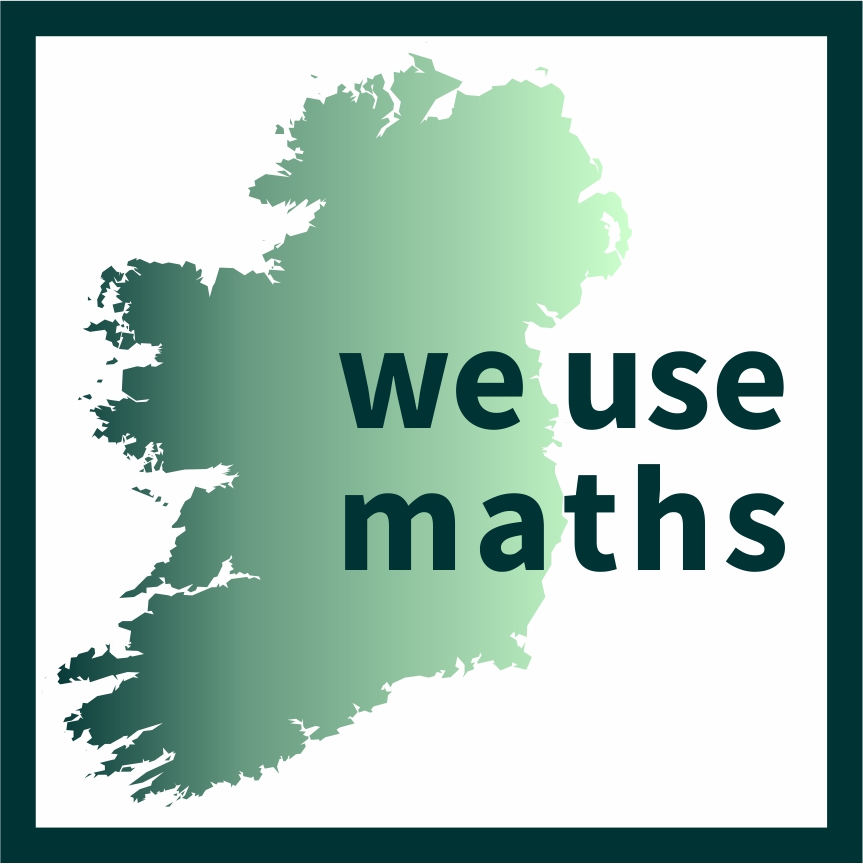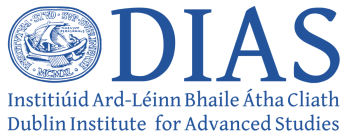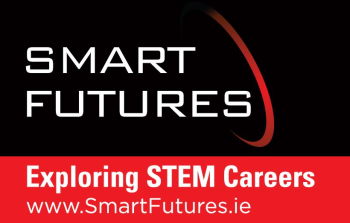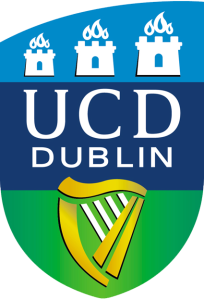Kevin Roche:
ENBIO
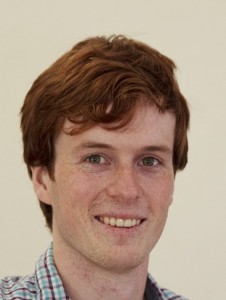
Your name?
Kevin Roche
Your job title?
Material Technology Engineer at ENBIO.
What are your main tasks / responsibilities as a materials engineer ?
ENBIO has a unique, brand new way of putting coatings on metals, called CoBlast. It allows new types of coatings to be used that couldn’t exist before. Our biggest success so far is coating the heatshield for the European Space Agency’s Solar Orbiter satellite. It will be the closest manmade object to the sun and will have to survive extreme heat and radiation that the existing coatings couldn’t handle, so ENBIO worked with ESA to develop a new coating, SolarBlack.
My job is to look for our next big success. CoBlast can work with a huge range of materials and we get a lot of clients asking us to try new materials, or try the same materials in different ways. I design the new coatings, and then test them or provide samples to clients for them to test. Because the technology is completely new, I often also have to design new equipment or even new tests. It’s a perfect job for a research engineer because there are always new challenges.
How do you use mathematics within your job?
I use maths in a few different ways; for robots, for material analysis, and for designing experiments. We use 6-axis robots for coating, which are the ones that look like an arm. For each new job they have to be given step by step instructions for performing complicated movements. Of course we have software to help, but a good understanding of co-ordinate geometry and reference frames is still needed.
For material analysis we are lucky nowadays to have a lot of very powerful and highly automated tools to analyse chemical and physical properties, even at scales as small as individual atoms. A lot of the power of these tools comes from the maths that goes on inside the machine. So you don’t always have to do the maths yourself, but if you don’t understand what’s happening you can end up with very pretty results that mean absolutely nothing, or even end up with very important results that you don’t understand the value of.
Designing experiments involves using statistics and modelling to get the most results possible from the smallest amount of effort possible. Why do 50 tests if 10 can give you the same result? There are some powerful tools in maths to help cut down the amount of work you have to do.
What type of mathematics for you use to solve problems?
For solving problems, the simpler the maths is the better. Engineering is more about getting a job done than about getting exactly the right answer, so it is OK to simplify calculations as long as you know that the answer will still be good enough to work. I spend quite a lot of time scribbling small equations on whatever scrap of paper happens to be available.
What aspects of the mathematics curriculum or mathematics courses have proven most useful to you?
I can’t think of any maths that I’ve learned that I don’t use in some way. I don’t necessarily have to do the maths manually, but I need to understand all the areas. Geometry is probably what I use most.
What is your education to date?
I did art, physics, chemistry, maths, French, English, and Irish for the leaving cert. I started in the common entry engineering degree and chose mechanical engineering, followed straight away by a PhD in materials titled “Biomimetic nanostructures in dental cements”. Both were in UCD.
What advice would you give to someone considering your job?
Take machines and things apart any time you get the chance; all the better if you put them back together afterwards. Engineering and material science involve a lot of specialised bits of equipment that can be a bit daunting at first. But once you’ve seen inside a few machines they all start to look familiar, and fixing an expensive microscope is as natural as changing the batteries in TV remote.
Also, learn at least a basic bit of computer programming, I only did a couple of modules during my degree but it keeps proving useful.
What do you find most interesting in your job and what do you find are the main challenges?
I’m faced with new challenges all the time, and that’s what makes my job interesting. Things move very quickly in a small company and everyone has to do a range of work, so I could be doing simple routine sample testing in the morning and meeting with huge multinational companies in the afternoon. I like the variety.
